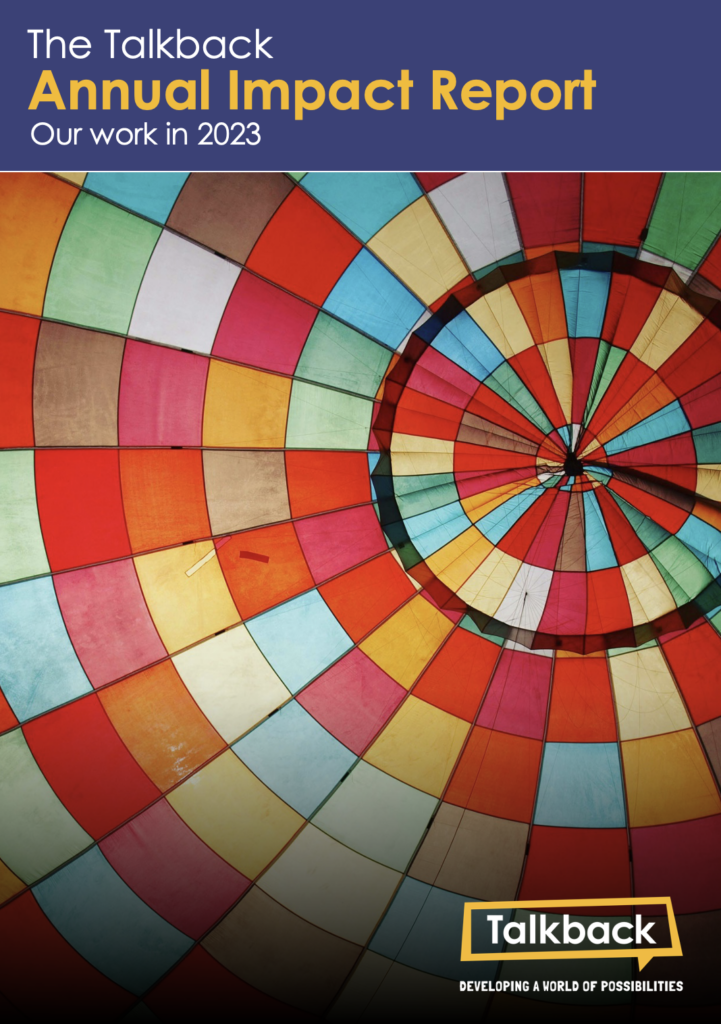Please note, this article contains sensitive and upsetting content.
We are blessed at Talkback to regularly be able to tell stories about some of the amazing things our members achieve. And that’s despite the significant barriers they face in their everyday lives. However, sadly, not everything we talk about warms our hearts. And this is one of those occasions. Because we need to talk about suicide and autistic people.
Recent analysis of data, from nearly 50,000 autistic and possibly autistic participants in 36 primary studies, has revealed that autistic people are between four and nine times more likely to have suicidal thoughts, or to attempt or commit suicide, than the general population. Sobering, to say the very least.
The report from BioMed Central is a worldwide, comprehensive, and deeply cross-referenced report. And, if you want to delve further, you can access its 37 pages here. If you’d rather not, I’ll attempt to summarise.
Differentiating autistic people
Research to differentiate autistic people within suicide data is in its infancy. Only a few studies address it specifically. Yet there’s no denying that the risk is significantly higher among neurodiverse individuals. Whilst this review is robust and inclusive, it should be noted that it is predominantly limited to high-income countries. Countries where data is more readily available. Approximately 75% of suicides occur in low-middle income locations, where there is less support and higher rates of poverty.
Here in the UK, evidence of autism and elevated autistic traits were found in over 10% of people who died by suicide.
The mental health challenges for autistic people
It’s complicated for those who analyse the causes of suicide. On top of the typical anxiety and mental health issues that often result in people thinking about suicide, autistic people often have to cope with further challenges. They may have to fight for initial diagnosis, or be misdiagnosed; they are more likely to be socially isolated or unemployed; they often mask and hide their autism in order to be accepted; they may face a lack of empathy from family and society in general; or they may not have the appropriate support. Any one of these issues might trigger anxiety, but together they can combine with often devastating consequences.
As well as these reasons, there are often barriers for autistic people to access the mental health services they need, as previously highlighted in The Dual for Diagnosis. And for those who are struggling with their mental health, the waiting lists for talking therapies are long and unquestionably lack the necessary urgency. Although medication may help temporarily, whilst people wait for a face-to-face appointment, it can be a sticking plaster to treat a deep wound; and the underlying issues remain.
What needs to happen
Statistics can either baffle, or inform and lead to action. The primary message in these daunting figures is the immediate need for support and prevention. We need an holistic, multi-agency approach to find appropriate solutions for each person. Here at Talkback, we know that The Right Support Can Change a Life, or maybe even save a life.
At Talkback, we do all we can to raise awareness of all the issues that specifically affect autistic people. And we will never stop doing this, no matter how hard it is.
Tony Flower







